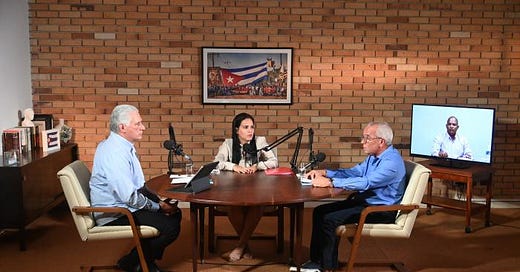Delegates of people’s power in Cuba
Resolving economic and social problems from the local community
The delegates of people’s power play a central role in the Cuban political-economic system of people’s democracy. The delegates are elected to five-year terms by the people in a highly democratic process that does not have anything equivalent in the representative democracies of the world. There are 12,427 delegates in the nation, each representing their voting district in 168 municipal assemblies.
The process begins with a series of neighborhood nomination assemblies in each of the 12,427 voting districts, with three or four neighborhood nomination assemblies held in each district. At the neighborhood nomination assemblies, any citizen can put forth the name of a person to be chosen as a candidate for delegate to the municipal assembly. And any citizen present has the right to speak of the strengths of the persons whose names are put forward. The proposed names are then put to a vote through a show of hands.
In preparation for the municipal elections of 2022, some 44,929 neighborhood n…


